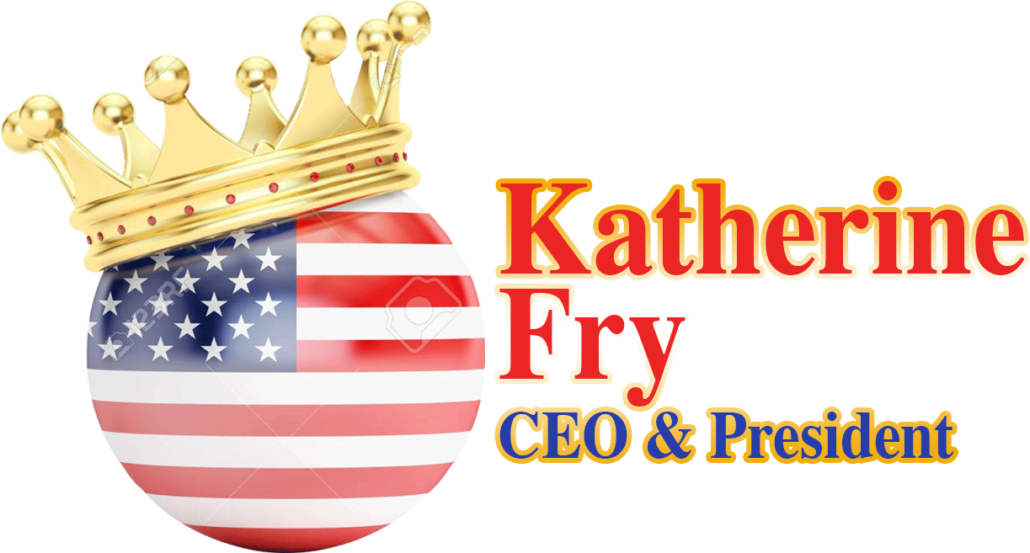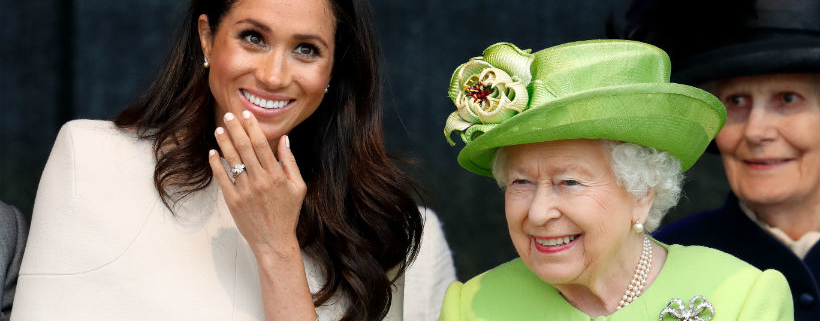Transformational Clients, Overcoming Client Turnover, and the Example of the British Royal Family
Transformation in the business atmosphere is integral for the growth of companies. Employees must inhabit an environment where they are valued, cared for, and their personal growth is at the forefront. By creating such an atmosphere, employees take care of the clients in a transformational manner. When new ideas are posed, innovation occurs, and employee turnover is minimal as well as the turnover of clients. However, in order for such an atmosphere to thrive, clients must be transformational also-meaning they want to employ the services offered to them in furtherance of a transformational environment for themselves and their clients. This is the key that makes the circle go “round and round.”
Clients typically cancel for the following reasons:
- They feel the service they have purchased is not being provided to them as promised.
- They do not see the value in what they have purchased.
- They have found a company that can provide to them what they perceive to be a similar service at a lower price.
My fifteen years in the business world have taught me how to overcome the majority of these objections. For example, by creating a transformational business environment, one can attract and retain competent employees who, because they feel valued, in turn, value the clients of your company. The environment in which they work fosters one where everything promised to a client is delivered and more. This should, in theory, eliminate the objection of a client claiming they did not get what they had been promised.
The second objection of clients not seeing the value of what they have purchased is consistently overcome by staying in contact with clients and explaining to them the value and benefits of what they are receiving. This is achieved by maintaining the manpower necessary to visit clients on a regular basis, so they do not feel forgotten. I have learned that a “neglected client” is an unhappy client. No matter how much work you are doing behind the scenes, if a client does not see your face at least fairly regularly, the turnover of this client is inevitable.
The third objection, comprised of finding a company offering what is perceived as a comparable service at a lower rate, is also overcome by staying in contact and establishing value. When the return on investment is more than the initial expense, the service paid for itself, and that is the ultimate goal. Tying in with the second objection, the value must be established in order for clients to resist being tempted to go with what they perceive to be a cheaper solution. As we all know, something cheaper always exists, but simply and truly, you “get what you pay for.”
After all of these factors have been taken into consideration, and preemptively dealt with, why does client turnover still occur? As previously stated, the circle of transformation must be complete in order for it to accurately work, just like the wheel of a car will not perform properly if it has a hole. Quite simply, transformative businesses require transformative clients-that is, clients who want to employ your services in order to contribute to the transformative environment they are fostering for themselves, their employees, and, in turn, their own clients.
A strategic partner I have has said to me, “I have fired clients, and I have let clients expire, but rarely if ever do I take them to court. If they do not value what I am doing, I will let them go.” She has a point. As a transformational business person, we need to pick like-minded clients. If we do not, the struggle is almost not worth it.
Surprisingly, the royal family of England is an excellent example of a transformational “company.” The Queen of England provides a constantly evolving environment for her family and employees. The mere existence of Meghan Markle in the royal family is indicative of the family’s ability to adapt. Twenty years ago, a divorced American actress would have never perceived joining the royal family as a positive career move, much less a possible lifestyle choice. Megan has been given the opportunity to take on a royal role and make it her own. Of course, there are guidelines, but the restrictions placed upon her are no more than those placed upon individuals within a corporate environment. Without its transformational nature, the British monarchy would have been thrown out long ago. All businesses, in order to stay relevant, must evolve and change.
In conclusion, there are three main objections put forth by clients regarding cancellations. While transformational working environments can adequately overcome these objections, client turnover can still occur if the clients themselves are not as adaptive to change. A broken wheel cannot turn, and in order for the wheel of transformation to go “round and round,” both vendor and client must share this same philosophy. If they do not, then no amount of hard work or innovation can overcome client turnover. Just as the royal family of England has found regarding their own family and employees, businesses must have innovation and transformation in order to survive and thrive.




Leave a Reply
Want to join the discussion?Feel free to contribute!